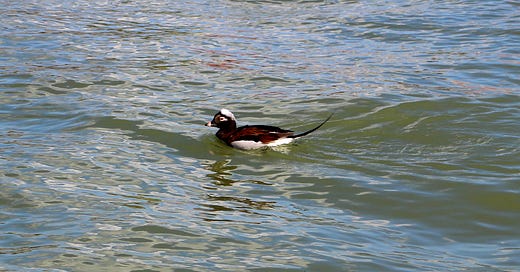At risk of being very woefully misunderstood indeed
Whenever I have a regular gig, I like to find a nice spot to go for a lunch break nearby - no matter how much one might like one's workmates, getting away for a bit is a huge mental-health booster for any job. My main requirements do include a certain consideration with regard to food and economy, but more important still is the question of reading light - a place with good light for reading (and writing, of course) is precious and wonderful.
The chef from my old regular used to come by my table almost every day to see what I was into - and I would not only show him the book I was reading (or the material I was writing) but also read him a passage aloud, to explain why it was that I was laughing out-loud, grinding my teeth with fury, or sitting there silently crying in my choice spot by the window.
"A lot of my customers read," he said, "but Paul, you make love to your books!"
One of my all-time favourite spontaneous compliments, to be sure. I really do explore books with unusual intensity, and also unusually relaxed demands. Suppose if I do have a rule, it's that I ought to get at least one good idea from any given book. A quote, a paradigm, a laugh, an insight into people - something.
And here's where reading tiny overlooked books brings us special rewards - in this particular case, a permanent addition to our household lexicon.
"The starship and the canoe" is one of the weirdest biographies I ever encountered (up there with John Lily's autobiography, and the sketch of Bucky done by his patent lawyer (where I got "Never get onto someone else's island, without bringing your own boat" - which I love absurdly-much).
The author writes about the extraordinary British physicist Freeman Dyson, one of the greatest minds of the twentieth century - but he also follows his son (George, if memory serves) who lives on the west coast of the US, in a nifty treehouse, and builds huge ocean-going outrigger-kayaks by hand.
One of them literally theorizing systems of interstellar propulsion (tiny nukes set off behind a big pusher-plate and a vast spring - believe it or not!) and the other going back to refine technologies as old as human questing itself.
So here's the one and only gem I needed from this (interesting anyhow) book. While driving with Freeman through high slippery snowy passes in the rockies, very late at night, in that sort of shared-hazard state of confession that we've all encountered once or twice, the author asked the great genius.
"Do you ever stop to ask yourself, why it was that you were somehow made so unusually intelligent?"
The wise man thought for a moment then responded, "That's not the way the question presents itself. The question is, why is everybody else so stupid?"
Still laughing (and that was twenty years ago). And Catherine and I still make frequent (gleeful) use of the phrase, "That's not the way the question presents itself," where no other has superior carrying-power!
Finally, in his defence - let me triangulate way out to Gopi Krishna, whose wonderful book 'Kundalini' arrived in my teenage life at the perfect moment (thanks to a neighbour and friend who never even mentioned he did yoga, but watched my own youthful development closely, intervening only when it the course-correction could be maximally effective - master-level stuff, still in awe, and still grateful).
The brightest gem I took from Gopi's book? "The hardest thing for the (however) enlightened one to realize, is that everyone else in the world didn't just become spontaneously enlightened at the same moment they did. The new perspective feels so completely obvious, as to be beyond question."
Paraphrasing from memory in both cases (I lend my best away, as previously noted, and by no means all return). But you will I trust, take my (fairly triangulated?) point! ¯\_(ツ)_/¯





